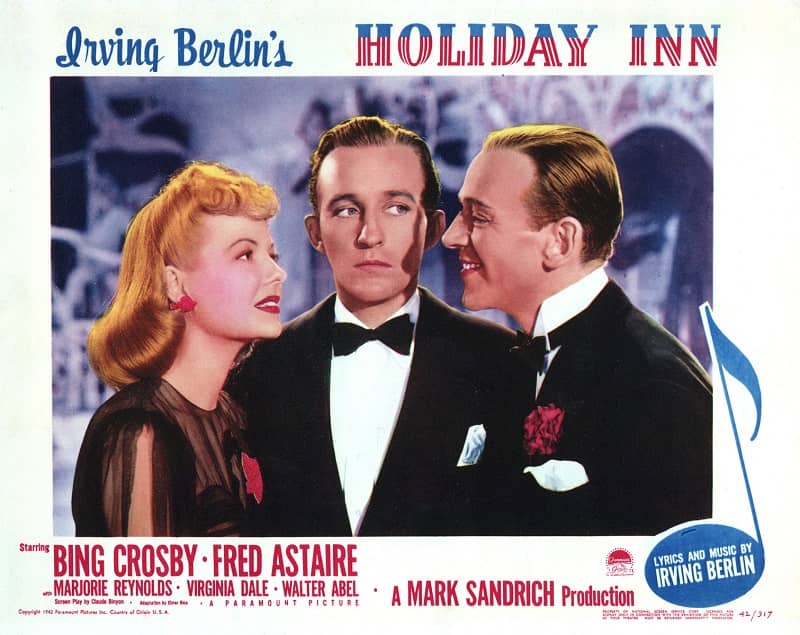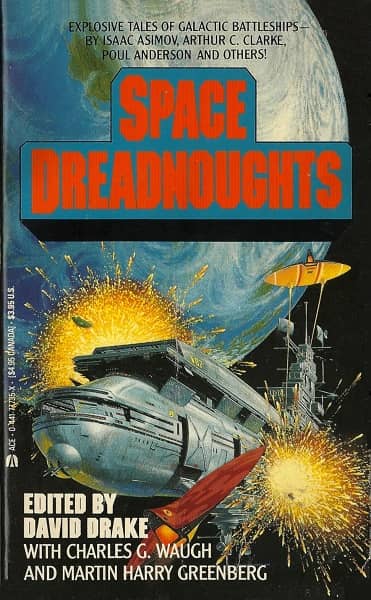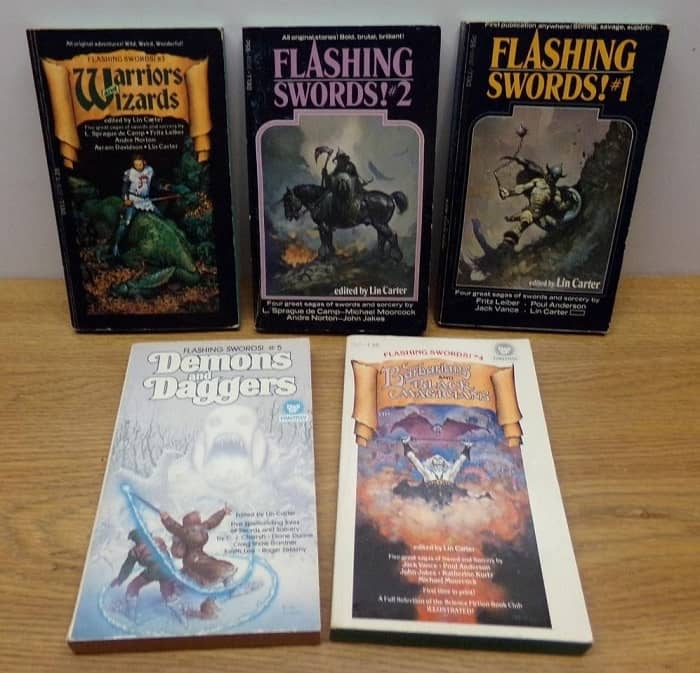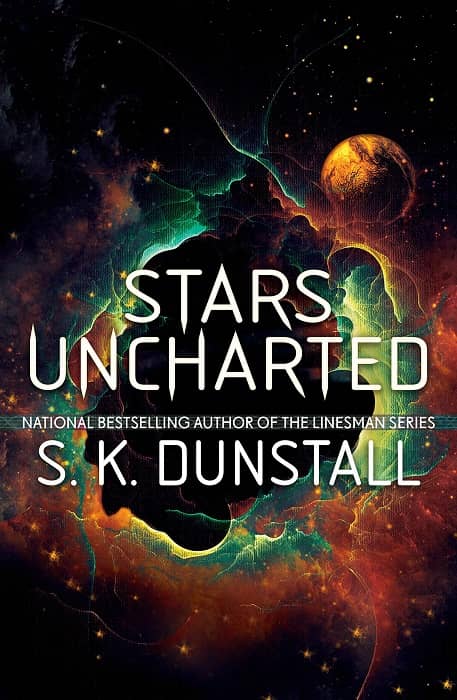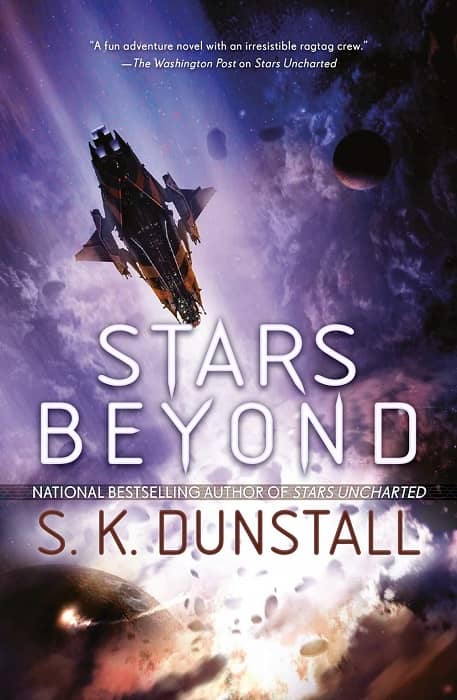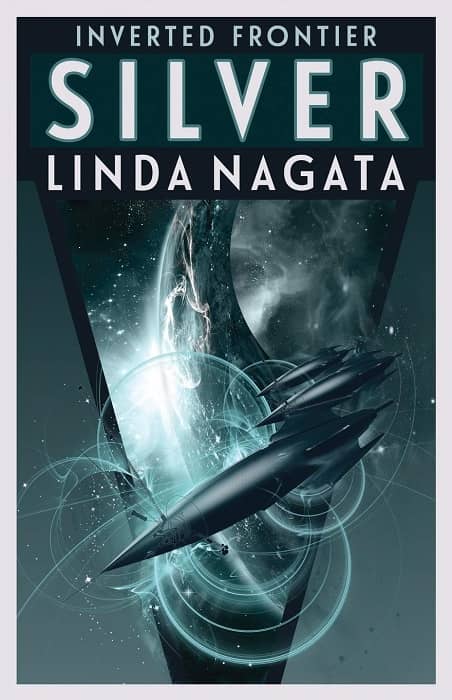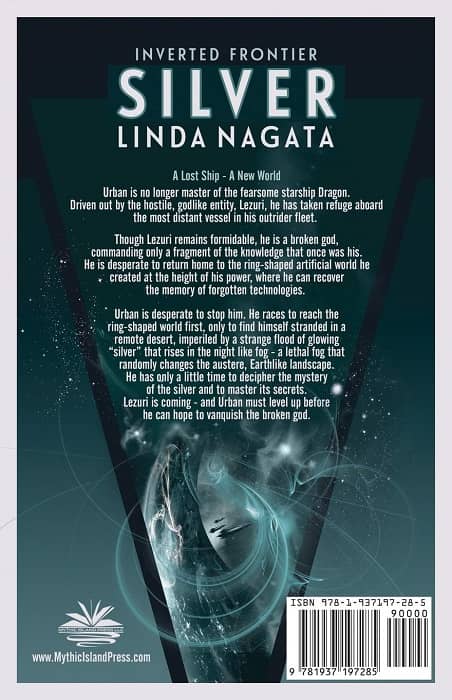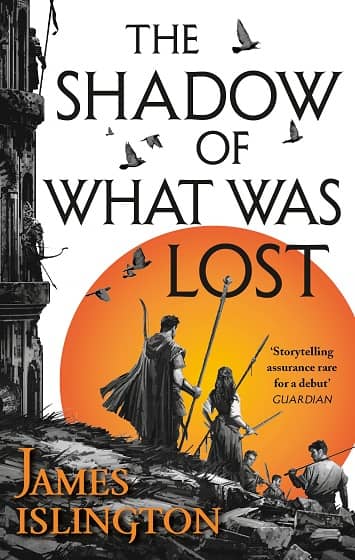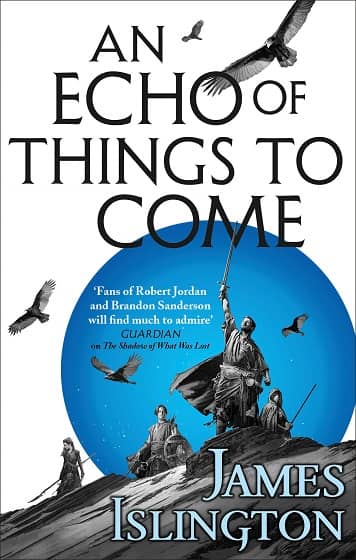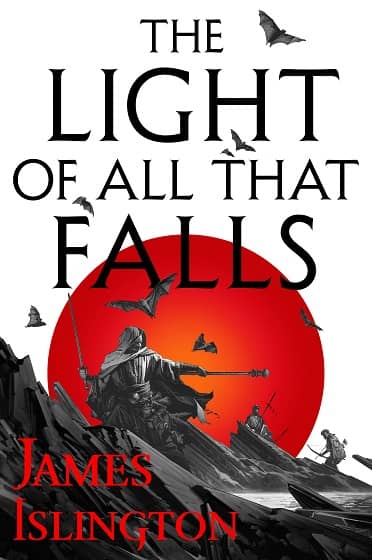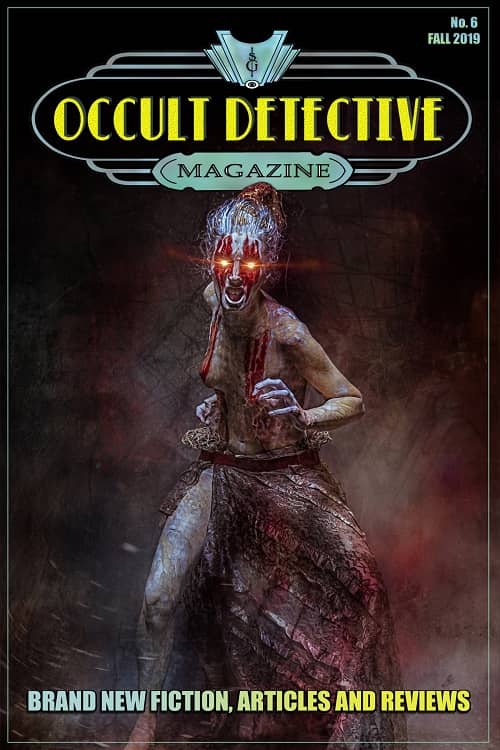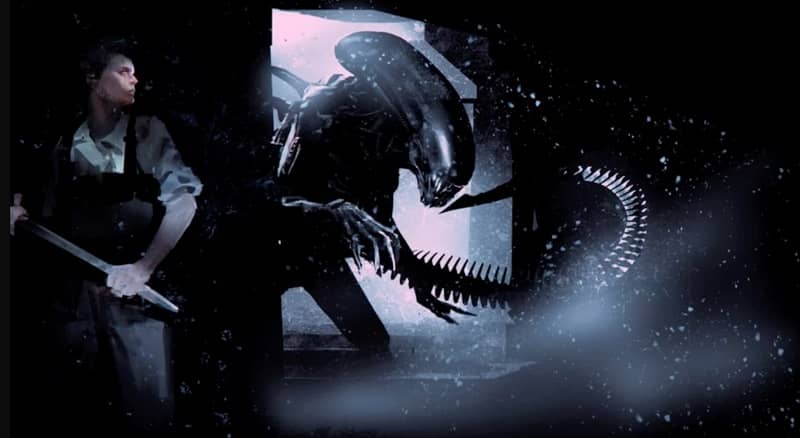Stories That Work: “The Story of a True Artist” by Dominica Phetteplace, and “An Awfully Big Adventure” by Barbara Krasnoff
Someone told me once, “Life is short but art is forever,” which I took to mean that art has no “sell by” date on it. If the art is beautifully rendered, it will always be beautiful and universal, but that’s not true, I’m afraid. Art can have a “sell by” date on it because time changes the window through which we view art.
Time’s cruelty demonstrated itself to me recently when I rewatched the classic Bing Crosby and Fred Astaire musical, Holiday Inn. There was a time when I loved Holiday Inn without reservation. It’s the only musical I know where the singing and dancing don’t seem grafted on to the story. Because it’s a tale of a song and dance partnership, the music arises spontaneously from the plot, and like all good musicals, the music also advances the plot. And what a combination of talent! Bing Crosby, arguably one of the best crooners of all time, teamed with Fred Astaire, a legendary dancer. Mikhaile Baryshinikov said of Astaire, “It’s no secret we hate him. He gives us complexes because he’s too perfect. His perfection is an absurdity.”
Besides, Holiday Inn introduced “White Christmas” to the world.
But time has done its work. As much as I love Holiday Inn, I’m finding it harder and harder to overlook the casual racial stereotypes baked into the structure. If you’ve seen it, you know what I’m talking about, starting with the black “nanny” housekeeper to the cringe-worthy black face routine to celebrate Lincoln’s birthday.
